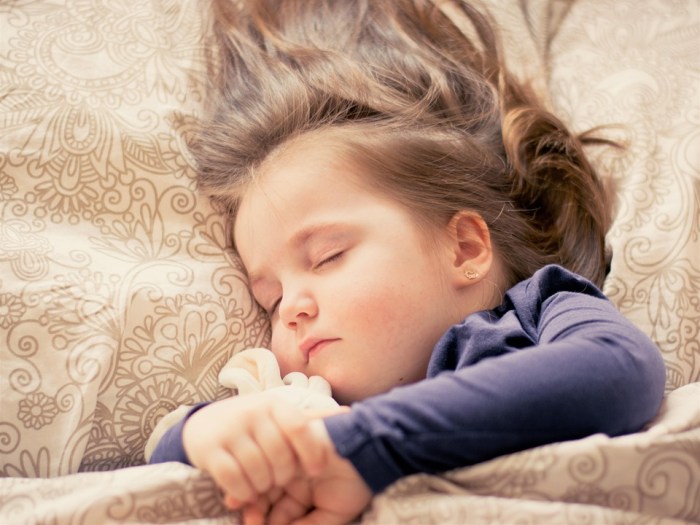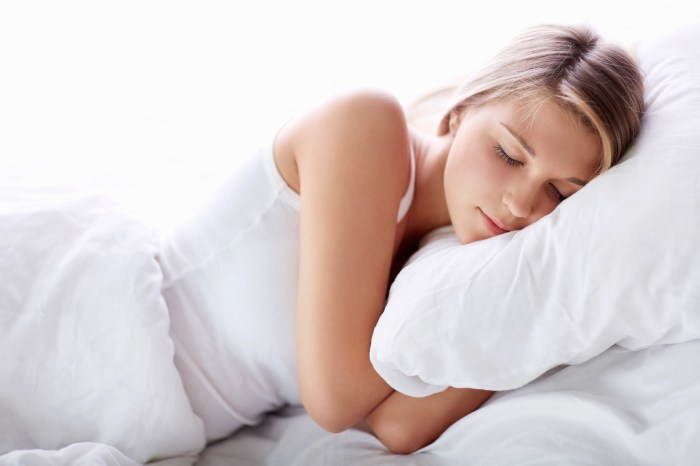
As sleep tourism gains traction, travelers are increasingly seeking destinations and experiences designed specifically to enhance their sleep quality. With a growing body of research highlighting the benefits of restful travel, more people are prioritizing sleep as a key component of their vacations. From luxurious sleep-focused hotels to wellness retreats that promote relaxation, the landscape of travel is shifting to accommodate those in pursuit of a good night’s sleep.
Statistics reveal a significant rise in the sleep tourism market, with key destinations like Japan and Finland leading the way in offering unique sleep experiences. This emerging trend not only enhances individual wellbeing but also brings economic benefits to local communities that cater to the needs of sleep tourists.
Introduction to Sleep Tourism
Sleep tourism is an emerging trend that focuses on enhancing the travel experience through better sleep. As travelers increasingly prioritize wellness during their trips, sleep tourism has gained momentum alongside traditional tourism. Recent studies indicate that over 60% of travelers express a desire for accommodations that promote better sleep, marking a significant shift in consumer preferences. Destinations renowned for sleep tourism offerings include Japan, known for its capsule hotels, and European wellness retreats that prioritize sleep quality through specialized services.
Benefits of Sleep Tourism
Improved sleep during travel comes with a myriad of health benefits, including enhanced mood, cognitive function, and overall well-being. Sleep tourism not only caters to individual health needs but also boosts local economies. Regions that embrace sleep tourism witness increased visitor spending on wellness services, contributing to job creation and economic growth. Compared to traditional tourism, which often focuses on sightseeing and activities, sleep tourism results in higher traveler satisfaction as it addresses fundamental health needs.
Accommodations for Sleep Tourists

Many hotels and resorts are now specializing in sleep experiences tailored to their guests. Notable examples include luxurious wellness resorts that offer sleep-enhancing amenities such as soundproof rooms, adjustable lighting, and exclusive sleep menus. These accommodations recognize the importance of ambiance in promoting restful sleep; for instance, the right room temperature and calming aesthetics can significantly impact sleep quality.
Travel Essentials for Sleep Tourism
For a successful sleep tourism experience, it’s vital to pack specific items that enhance sleep quality. Essential items include:
- Travel pillows for neck support.
- Comfortable sleep masks to block out light.
- Noise-cancelling headphones or earplugs to minimize disturbances.
- Portable white noise machines for consistent sound.
- Travel bassinets for families traveling with infants to ensure a good night’s rest.
This checklist helps make sure that travelers are well-equipped to prioritize their sleep while on the go.
Unique Sleep Experiences
Wellness retreats that emphasize sleep improvement provide unique experiences tailored to help guests achieve better rest. These retreats often offer specialized sleep workshops, where participants can learn techniques to enhance their sleep quality. Additionally, activities like sound healing sessions and guided meditation classes are increasingly popular in sleep tourism, promoting relaxation and better sleep hygiene.
Travel Companions and Sleep
The presence of a travel buddy can significantly influence sleep quality during trips. Companions can create a supportive environment that encourages good sleep habits. Furthermore, travel books that focus on wellness and restful destinations can aid in planning trips aimed at enhancing sleep. For families traveling with infants, including travel booster seats and cribs can also contribute to a more comfortable and restful journey for everyone.
Travel Logistics and Sleep
Opting to travel by train can provide unique advantages when it comes to achieving better sleep while on the road. The smooth motion and calm environment of trains typically lead to a more restful experience compared to other modes of transportation. A travel bucket list focused on sleep-friendly destinations might include places like Sedona, Arizona, known for its serene environment, or wellness resorts in Bali.
Additionally, choosing travel credit cards that offer benefits tailored to wellness can enhance the overall experience of sleep tourism.
Preparing for Sleep Tourism

Preparation is key for a successful sleep tourism experience. A detailed travel checklist focusing on sleep-related items is essential. Comfortable travel clothes that promote relaxation, such as breathable fabrics and loose-fitting attire, are a must. It’s also important to organize travel documents and arrangements well in advance, ensuring that the trip is smooth and focused on achieving optimal rest.
Challenges in Sleep Tourism
Travelers often face obstacles in achieving good sleep while on the move, including noisy environments, uncomfortable accommodations, and time zone changes. Travel bans or restrictions can also impact the growth of sleep tourism by limiting access to popular sleep-friendly destinations. To mitigate sleep disruptions, travelers can adopt strategies like maintaining regular sleep schedules, using sleep aids, and creating a calming bedtime routine even while away from home.
The Future of Sleep Tourism
The future of sleep tourism looks promising, with innovative trends emerging to meet the needs of this growing market. Travel companies are adapting by incorporating wellness-focused offerings into their packages. An ideal sleep tourism experience could feature customized sleep programs, wellness-focused activities, and amenities designed specifically for enhancing sleep quality, catering to the preferences of modern travelers seeking rejuvenation and rest during their journeys.
Last Point
In conclusion, sleep tourism represents a fascinating intersection of travel and wellness, providing a unique opportunity for travelers to prioritize their health while exploring new places. As more accommodations and experiences emerge to cater to this trend, it’s clear that the future of travel will increasingly emphasize the importance of quality sleep, making it a key factor in travelers’ choices when planning their next getaway.
Questions and Answers
What is sleep tourism?
Sleep tourism is a travel trend focused on enhancing sleep quality through accommodations and experiences designed for relaxation and restful sleep.
Why is sleep tourism becoming popular?
Increasing awareness of the health benefits associated with sleep, combined with stress in daily life, has led many travelers to seek out sleep-centered experiences.
What types of accommodations are best for sleep tourism?
Accommodations that prioritize sleep features such as soundproof rooms, specialized bedding, and wellness programs are ideal for sleep tourism.
How can I prepare for a sleep-focused trip?
Consider packing items like travel pillows, sleep masks, and maintaining a relaxing bedtime routine while traveling to enhance your sleep quality.
Are there any activities that promote sleep while traveling?
Activities such as wellness retreats, guided meditation sessions, and sound healing workshops can significantly improve sleep quality during trips.





